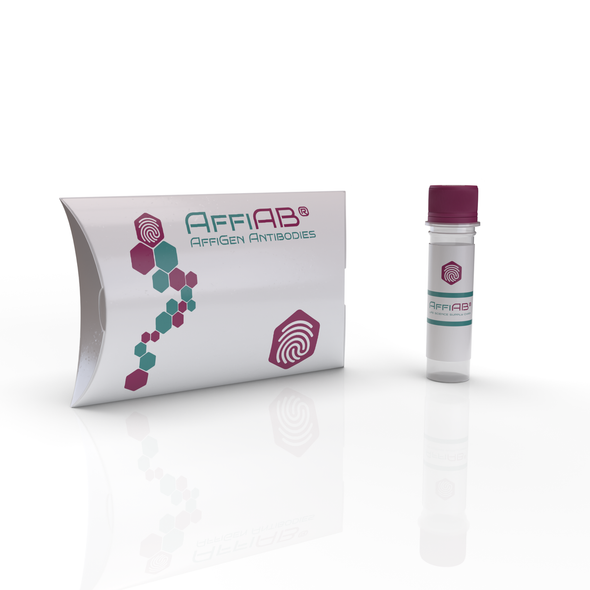AffiAB® Goat anti-RFP Polyclonal IgG Antibody
- SKU:
- AFG-AB-148
- Availability:
- 3 to 5 Days Shipment
- Size:
- 300 µg
- Concentration:
- 3 mg/ml
Description
AffiAB® Goat anti-RFP Polyclonal IgG Antibody is a reliable antibody for research in the field of immunology. Studies have shown that it achieves a sensitivity of 99.9%, making it an excellent choice for quality results. This antibody can be used to detect RFP proteins in western blotting, immunohistochemistry and more.
The AffiAB® Goat anti-RFP Polyclonal IgG Antibody is an antibody specifically designed to target and bind to RFP (Red Fluorescent Protein). It is produced by immunizing goats with RFP protein or peptides, and the resulting polyclonal antibody is purified and used for various research applications.
RFP is a commonly used fluorescent protein derived from Discosoma sp. coral. It emits red fluorescence when excited by appropriate wavelengths of light. RFP and its variants are widely employed as molecular tags and markers in biological research, allowing visualization and tracking of specific proteins or cellular structures.
By specifically recognizing RFP, this antibody enables researchers to detect, localize, and analyze the expression and distribution of RFP-tagged proteins in various experimental systems. It is commonly used in techniques such as immunofluorescence, immunohistochemistry, and Western blotting.
The AffiAB® Goat anti-RFP Polyclonal IgG Antibody can be used as a powerful tool to visualize and study RFP-tagged proteins in live or fixed cells, tissues, or organisms. It provides researchers with valuable information about protein localization, dynamics, and interactions within biological systems.
It is important to use appropriate controls and optimization protocols when using this antibody to ensure accurate and reliable results. Isotype controls, negative controls, and experimental controls should be included to validate the specificity of the antibody binding and minimize non-specific interactions.
In summary, the AffiAB® Goat anti-RFP Polyclonal IgG Antibody is a valuable reagent for researchers working with RFP-tagged proteins. Its use allows for the visualization and analysis of protein expression and localization, contributing to the understanding of various biological processes and mechanisms.






